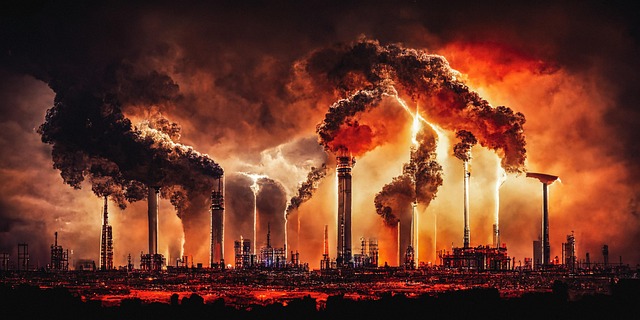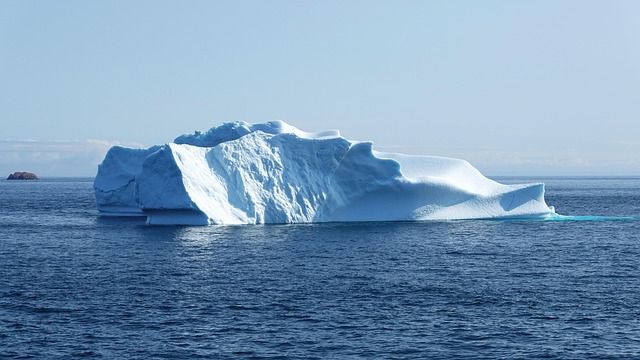The water crisis is an urgent topic that resonates on many levels beneath the surface of our daily lives. As climate change continues to wreak havoc on our planet, the implications for water resources become increasingly profound. With glaciers melting at alarming rates, once-reliable sources of freshwater are retreating, leaving communities in desperate situations. This alarming transformation reflects a stark reality that we can no longer afford to ignore.
In many parts of the world, the consequences of the water crisis are already being felt. Regions that were once fertile and abundant in freshwater are turning arid, leading to failed crops and food shortages. The link between a changing climate and dwindling water supplies unveils a disheartening chain reaction; as temperatures rise, evaporation rates increase, and rainfall patterns shift unpredictably. Our environment is crying out for help, and we are the custodians entrusted with its fate.
The impact of the melting glaciers extends far beyond geographical borders, creating a ripple effect that can destabilize economies and increase migration. Water scarcity can lead to conflicts, as communities struggle to share increasingly limited resources. The reality is that the water crisis is not just an environmental issue—it is a humanitarian one. Each time we turn on a tap, we should remember that we are part of a larger narrative, one that encompasses the struggles of millions lacking access to clean water.
Addressing the water crisis requires a multifaceted approach that recognizes the urgent need for sustainability and equity. We must advocate for innovative solutions, such as rainwater harvesting and greywater reuse, that can provide alternative sources of water. Encouraging responsible water use in agriculture—one of the largest consumers of freshwater—can greatly alleviate pressure on existing supplies. Additionally, investing in technology that aids in the desalination of seawater could offer a viable path for communities in coastal areas facing severe water shortages.
On an individual level, we can make a significant impact by adopting water-saving practices in our daily routines. Simple actions, from fixing leaks to using water-efficient appliances, can contribute to a collective effort in mitigating the water crisis. It’s essential to remember that every drop counts, and consciousness about our water usage can set an example for others to follow. By fostering a sense of community and commitment to responsible consumption, we can tackle this crisis together.
As we navigate this unprecedented challenge, it’s vital to join forces with organizations and policy-makers focused on addressing climate change proactively. Collectively, we can advocate for policies that protect our precious water resources while holding industries accountable for their impact on the environment. It’s imperative to support initiatives that promote conservation and restoration of ecosystems vital to the water cycle, such as wetlands and forests, as they play a crucial role in maintaining the balance of our planet.
The narrative of our time is woven with threads of urgency and hope. While the water crisis presents monumental challenges, it also offers us the opportunity to rethink our relationship with nature and each other. As the ice caps melt and the climate continues to shift, we must become stewards of sustainability, ensuring that future generations have access to the lifeblood of our planet—water. Together, we can confront this crisis, transforming fear into action and despair into advocacy for our environment.




